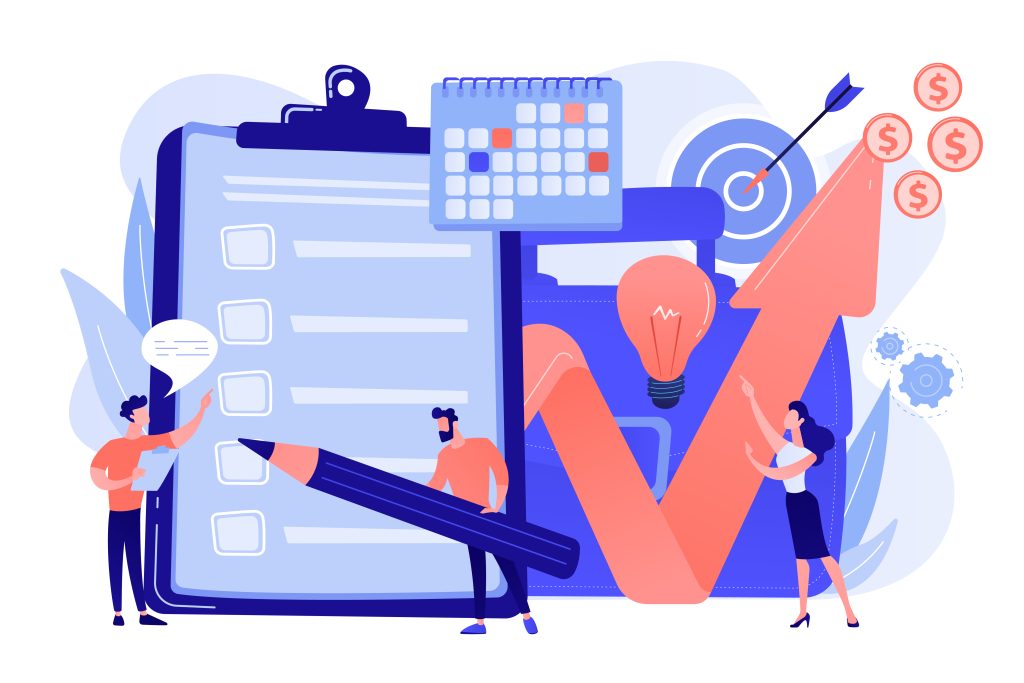In today’s fast-paced digital age, where information is more accessible than ever before, we face an increasingly paradoxical challenge: more information seems to lead to less productivity. The constant influx of emails, social media updates, news articles, and more can overwhelm our minds, making it harder to focus on the task at hand. A growing movement is challenging the notion that “more is better” by advocating for reducing the amount of information we consume to become more productive, creative, and focused. Here, we explore why limiting the information we process might be the key to improving our productivity and overall well-being.

The Paradox of Information Overload
Information overload is a real and pressing issue in the modern world. With the internet and digital devices, we can access virtually any piece of information at the tap of a finger. While this connectivity offers remarkable advantages, it also introduces a significant challenge. We constantly receive more data than we can reasonably process. Emails, social media notifications, advertisements, news articles, and even unsolicited updates flood our attention. The result is a paradox: despite having access to more knowledge than ever, our ability to focus and work efficiently has significantly decreased.
A study by the American Psychological Association highlights that information overload can lead to cognitive fatigue, decision paralysis, and stress. The sheer volume of data we are exposed to each day overwhelms our brains, decreasing productivity. Cognitive overload happens when too much information floods the brain, hindering its ability to make decisions and solve problems effectively.
Interestingly, while many people believe multitasking is a solution to handling the barrage of information, research shows that multitasking can be detrimental to productivity. Switching between tasks requires cognitive effort, and studies suggest that it reduces our efficiency by as much as 40% (Rubenstein, Meyer, & Evans, 2001). This is why minimizing the amount of information we take in, rather than trying to process it all, may be the most effective strategy to combat productivity loss.
The Power of Limiting Information: Better Decision-Making
One of the primary benefits of limiting information is improved decision-making. In an environment where information is constantly streaming in from various sources, it can be difficult to make clear, informed choices. When we are overwhelmed with too many options or details, our decision-making abilities are compromised. This phenomenon is known as the “paradox of choice,” a concept popularized by psychologist Barry Schwartz. He found that having too many choices often leads to dissatisfaction, decision fatigue, and regret.
In contrast, limiting the amount of information allows us to focus on the most important facts and options. When we have fewer things to consider, it becomes easier to weigh the pros and cons, making it possible to come to decisions more quickly and confidently. For example, a study published in The Journal of Consumer Research found that when consumers were presented with fewer options, they were more likely to make a purchase and express satisfaction with their choice (Iyengar & DeVoe, 2003). By limiting information and focusing on quality over quantity, we can make faster, more informed decisions.
Additionally, having fewer data points to process reduces the cognitive load, allowing our brains to focus on the key elements of the decision-making process. This simplification can not only save time but can also improve the quality of our decisions. The key is to filter out unnecessary or irrelevant information so that we can hone in on what truly matters.
Focus and Creativity: Why Less is More
Productivity is not just about making decisions and getting things done—it also involves creative thinking and problem-solving. Creativity often requires deep concentration and the ability to think freely without the distractions of irrelevant information. Unfortunately, information overload is one of the greatest barriers to creativity. When our brains are constantly processing new data, it becomes harder to think outside the box and come up with innovative solutions.
Research has shown that when we reduce the number of distractions around us, our creative output improves. For instance, an experiment conducted by the University of California revealed that people who worked in a distraction-free environment had better creative performance compared to those who were bombarded with constant interruptions (Baird et al., 2012). This suggests that limiting information consumption can help individuals achieve a state of “deep work,” a concept popularized by productivity expert Cal Newport.
Deep work refers to the practice of engaging in highly focused, undistracted work that requires maximum cognitive effort. In this state, individuals can tackle complex tasks, think critically, and produce high-quality results. By eliminating unnecessary information and focusing only on the essential data, we give ourselves the mental space needed to think deeply and creatively. The benefits of deep work go beyond creativity—they can also improve the quality of our decisions and reduce the time we spend on tasks.
How Technology Can Help Us Simplify
In an age where technology often contributes to information overload, it might seem counterintuitive to rely on tech tools to reduce the amount of information we consume. However, the right tools can help us streamline and organize the information we receive, allowing us to focus on what’s important. Rather than consuming everything that comes our way, we can use technology to filter, organize, and prioritize.
For example, productivity apps such as Trello, Notion, and Evernote allow users to manage tasks, prioritize goals, and store only the most relevant information. These tools enable us to separate the noise from the signal, helping us to focus on high-priority tasks and eliminate distractions. Similarly, email management tools such as Unroll.Me can help declutter our inboxes by unsubscribing from unnecessary email lists, reducing the mental load of sorting through irrelevant messages.
Additionally, the rise of “digital minimalism” is helping people intentionally curate their digital environments. Digital minimalism, a concept developed by Cal Newport, advocates for using technology in a way that aligns with our values and enhances productivity. Instead of allowing technology to control us, digital minimalists use technology as a tool to simplify their lives and focus on what truly matters. This approach encourages us to evaluate the apps, devices, and digital platforms we use and eliminate those that don’t contribute to our well-being or productivity.
The Rise of the “Low-Information Workspace”
In response to the negative effects of information overload, many companies are embracing the concept of the “low-information workspace.” In these environments, unnecessary data is minimized, and employees are encouraged to focus on core tasks without constant interruptions from emails, meetings, and social media.
For example, companies such as Google and Apple have introduced “quiet zones” where employees can work without distractions. These spaces promote focused work, allowing employees to be more productive without being bombarded by irrelevant information. The trend of creating low-information workspaces is part of a larger movement towards designing environments that enhance focus and creativity by reducing cognitive overload.
Similarly, many modern businesses are adopting the practice of “batching” information consumption. Instead of checking emails, news updates, and messages throughout the day, employees set specific times to check and respond to messages. This reduces the constant distractions that lead to inefficiency and promotes focused work periods. The idea is simple: by limiting the amount of information we consume at any given moment, we can work more efficiently and creatively.
The Future of Productivity: Embracing Minimalism
Looking ahead, the future of productivity lies in embracing less information, not more. As the digital landscape continues to evolve, we will likely see more people and organizations adopting minimalism as a productivity strategy. Rather than trying to consume and process everything, the focus will shift to curating information and focusing on what is truly important.
Productivity tools will continue to evolve to help us manage our digital lives, and workplaces will likely become more intentional in their approach to information consumption. By prioritizing quality over quantity and focusing on the most relevant information, we can work smarter, not harder. The future of work isn’t about doing more; it’s about doing less with greater focus and intention.
Conclusion
The key to increasing productivity in today’s information-rich world isn’t about consuming more data, but rather about being selective in the information we engage with. By embracing minimalism—whether through limiting the information we consume, curating our digital environments, or adopting low-information workspaces—we can enhance our focus, creativity, and decision-making abilities. As we move forward, the productivity strategies of the future will revolve around quality over quantity, simplicity over complexity, and less information for more impact.
References
- Rubenstein, J., Meyer, D., & Evans, J. (2001). ‘Executive control of cognitive processes in task switching’. Journal of Experimental Psychology: Human Perception and Performance, 27(4), pp. 763-797. Available at: https://pubmed.ncbi.nlm.nih.gov (Accessed: 2 July 2025).
- Iyengar, S. S., & DeVoe, S. E. (2003). ‘Rethinking the value of choice: Considering the psychological consequences of having too many options’. In S. S. Iyengar & D. L. Schwartz (Eds.), The Paradox of Choice: Why More Is Less (pp. 75–88). New York: HarperCollins. Available at: https://www.harpercollins.com (Accessed: 2 July 2025).
- Baird, A. D., et al. (2012). ‘The effects of distractions on creativity in the workplace’. University of California. Available at: https://www.researchgate.net (Accessed: 2 July 2025).






